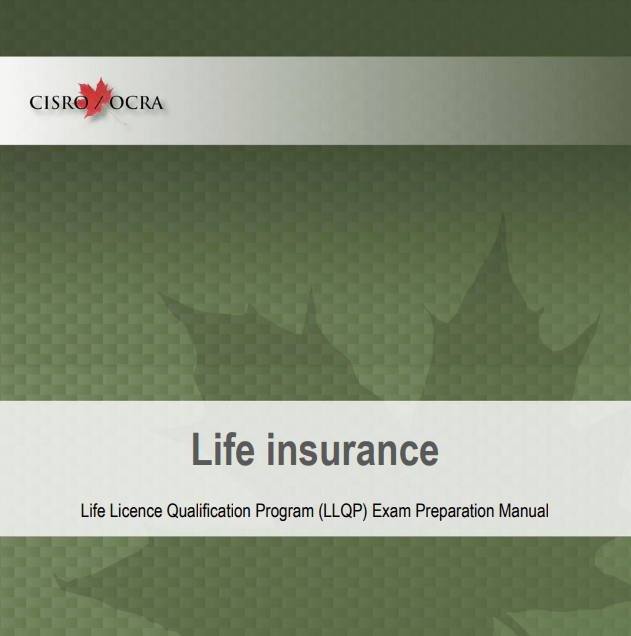Chapter 10: Building a Business as a Mortgage Agent
July 17, 2023
1. What is the typical question that a potential client asks when first contacting a Mortgage Agent?
- Typically, it is, “What is your best or current five year rate?”
- Practice makes perfect
- Remember to practice your script before you start getting calls. Like cold calling, ask your spouse or significant other (someone who will give you helpful advice on how you are performing) to be your incoming call or practise by recording yourself and listening to the conversation. In all cases, try to record yourself and review the tape after your calls. This way you can identify if you are sounding aggressive, defensive, or just right!
- Use a mirror
- Because a smile translates across a telephone line, you should ensure that you are always smiling when you cold call. A great way to ensure that you do is by having a small mirror in front of you so that you can watch your smile.
- Write things down
- Be sure to have pen and paper for each call. Write down the caller’s name as soon as you get it (there’s nothing more embarrassing then forgetting a caller’s name after they’ve just given it to you!), and any other details that might be helpful.
- Make these words your own
- Make sure you use words and phrases that are comfortable for you. In other words, rephrase the script to match how you normally speak. This will ensure that you do not sound like you are reading from a script, even when you are!
- Do not be afraid
- Remember that the phone can be your best friend. The more comfortable you are on the phone, the easier it will be to meet your objective: getting appointments with qualified clients.
- It allows the Agent to remain focused on covering certain topics that he or she feels are necessary in the call and allows the Agent to refer to standard responses for typical questions. Professional Agents always use a script, whether in paper format or by committing the script to memory.
- A cold call is an outgoing call made to someone who is not known to the Agent and who has not been referred to him or her.
- The object of a cold call is to transform the “cold” individual into a “warm” prospect, or someone who is warm to the idea of doing business with the Agent. By following a script, the Agent has the best chances of success!
- Who you are.
- The benefit you will provide to him or her.
- In developing a relationship you turn a potential client into an actual client who will likely close the deal and provide you with future business
- A Mission Statement is a plan for companies and people to accomplish the goals they set. It is designed to shape the company’s or individual’s identity and is typically based on a vision, goal, or ethics.
- A Vision Statement is something that the business or mortgage agent aspires to become. It should illustrate the core belief of the business or mortgage agent and effectively communicate that to the reader.
- The purpose of an effective business card is to attract and set in motion the wheels of acquiring potential users of your service. It provides the mortgage agent with:
- A direct marketing vehicle
- A person-to-person sales call
- An advertisement
- A lead generator
- A networking tool
- A visual representation of you.
- Audio business cards are definitely an attention grabber, telling potential clients that the mortgage agent is different and serious about their business. They are less likely to be thrown away and tend to peak people’s curiosity, causing them to be listened to in their entirety. Audio business cards are gaining in popularity and can typically be purchased with software through businesses such as Staples, Future Shop, etc.
- Networking can be one of the most cost-effective means of obtaining new business, which can be especially important for new salespeople. Because it involves meeting people, it can be less expensive than paying for marketing.
- Product availability
- Service
- Professionalism
- Niche marketing
- The use of testimonials can have the effect of reducing the need of a consumer to touch or feel a product. Testimonials from satisfied clients have the effect of personalizing the process. The consumer can relate to another person who has had a beneficial experience and translate that experience to him or her. In essence this provides the consumer with something tangible: another consumer who can be seen or heard.
- Any of the following:
- Provide your referrers with a simple referral form that they can email or fax to you. It only needs some basic information, such as who the client is, their contact information and what they need.
- Thank-you letters: ensure that you always send a thank-you letter to your referral source, whether the referral turns into a client or not.
- Update your database with the referral information.
- Contact the potential customer as soon as possible.
- Guarantee confidentiality to all parties.
- Send a thank-you gift when the financing is completed.
- Invite your referrers to company parties to show your appreciation.





